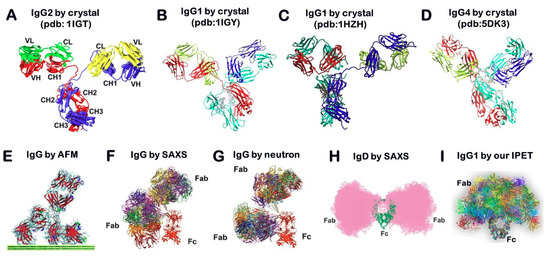
When it came to the audience, Romans favored entertainment and performance over tragedy and drama, displaying a more modern form of theatre that is still used in contemporary times. Theatre during this era is generally separated into genres of tragedy and comedy, which are represented by a particular style of architecture and stage play, and conveyed to an audience purely as a form of entertainment and control. The Theatre of ancient Rome referred to as a period of time in which theatrical practice and performance took place in Rome has been linked back even further to the 4th century BC, following the state’s transition from monarchy to republic. The architectural form of theatre in Rome has been linked to later, more well-known examples from the 1st century BC to the 3rd Century AD.
#Plautus menaechmi full text full#
Paul Nixon, 1916–38: Bacchides full text.Henry Thomas Riley, 1912: Bacchides full text.Nicobulus ironically means Victorious in counsel, Chrysalus means Goldie, Cleomachus means Glorious fighter, and Bacchis means Bacchant, a female worshipper of Bacchus, god of wine. Several of the characters names are significant. Philoxenus and Nicobulus soon give into Bacchis and her sister. Bacchis offers the old man half of his gold back if he comes in. Soon he finds out that he has been deceived, and with Philoxenus he storms the brothel. Nicobulus falls for the trick and gives over the money. He claims that the only way to get Mnesilochus out of trouble is to pay the soldier. Chrysalus agrees and tricks Nicobulus out of his money by saying that Mnesilochus is in trouble because he has fallen in love with a soldier's wife. Then the truth comes out – There are two Bacchises and Pistoclerus loves the other Bacchis! In despair Mnesilochus returns to Chrysalus and begs him to try to get money from Nicobulus again. Mnesilochus, not knowing that there is more than one Bacchis, hands back the money to his father and reveals the whole deception and Chrysalus's part in it. Chrysalus succeeds in getting two hundred coins from the old man but then Pistoclerus announces his love for Bacchis. In order to get the money to buy her release Mnesilochus asks Chrysalus, the clever slave, to extort money from Mnesilochus' father Nicobulus (a common recipe in Greek and Roman comedies). Mnesilochus's Bacchis has been hired for a year by Cleomachus. Two young friends, Mnesilochus and Pistoclerus, have fallen in love with two sisters, and both are prostitutes named Bacchis. The beginning of it is lost to history, and so is often reconstructed in modern-day adaptations using contextual clues as well as twenty surviving fragments. The play was likely an adaptation of the play Δὶς Ἐξαπατῶν (Dis Exapaton), meaning Twice Deceiving but more commonly known as The Double Deceiver, by the Greek New Comedy playwright Menander. It includes Plautus' frequent theme of clever servants outwitting their supposed superiors.

The title has been translated as The Bacchises, and the plot revolves around the misunderstandings surrounding two sisters, each called Bacchis, who work in a local house of ill-repute. Even here, Shakespeare suggests complexities beyond the farce.WikiMili Bacchides (play) Last updated NovemBacchidesīacchis I (a prostitute) Slave (of Bacchis) Pistoclerus (son of Philoxenus) Boy (of Cleomachus) Bacchis II (sister of Bacchis I) Lydus (tutor to Pistoclerus) Chrysalus (slave of Nicobulus) Nicobulus (old man) Mnesilochus (son of Nicobulus) Philoxenus Parasite (of Cleomachus) Artamo (slave of Nicobulus) Cleomachus (soldier)Ī street in Athens, before the houses of Bacchis I and Nicobulusīacchides is a Latin play by the early Roman playwright Titus Maccius Plautus.

The spirited Adriana often gives speeches evoking strong emotions-as do other characters at times. He borrows from another Plautus play by having Adriana, the wife of one Antipholus, entertain the other. Shakespeare bases his story on Plautus’s Menaechmi, a play about identical twins who accidentally meet after a lifetime apart. As the four men unwittingly encounter each other, the play is crammed with wildly escalating misunderstandings before the truth emerges and Egeon is pardoned. To add to the confusion, the two Antipholuses have twin servants, both named Dromio. Meanwhile, Egeon has arrived in search of the son he thinks is still alive-and has been sentenced to death for the “crime” of being from Syracuse. In it, the lost twin sons of the old merchant Egeon-both named Antipholus-find themselves in Ephesus, without either one even knowing of the other’s existence. Shakespeare’s The Comedy of Errors is the slapstick farce of his youth.


 0 kommentar(er)
0 kommentar(er)
